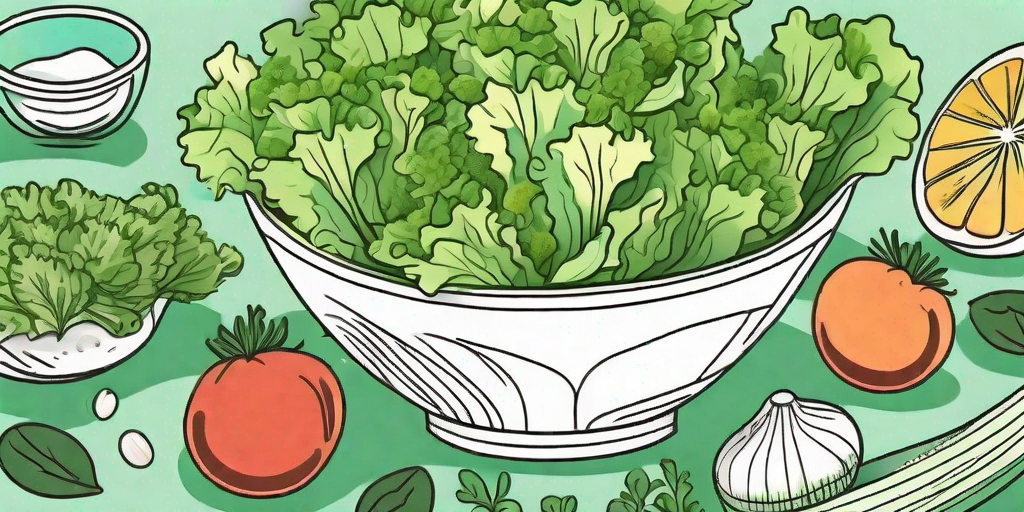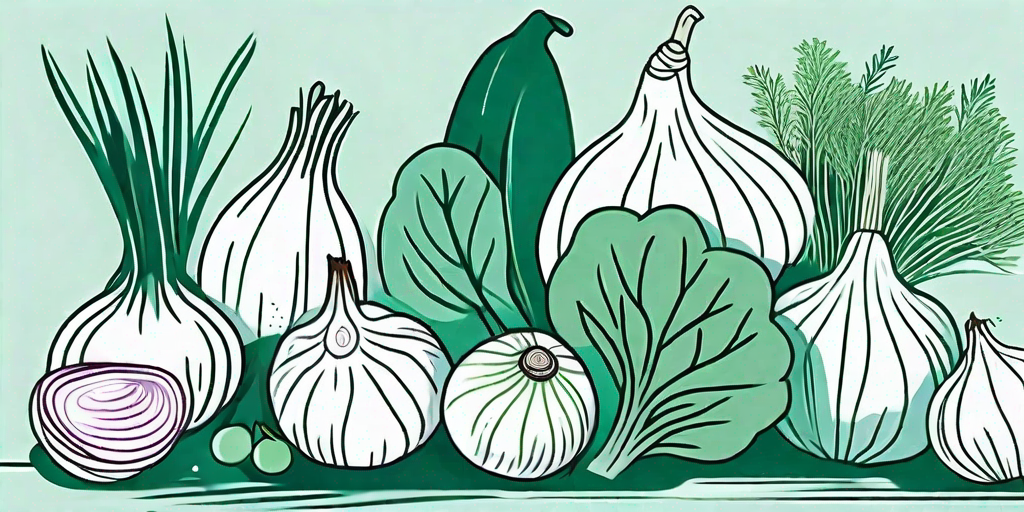
Welcome, green-thumbed friends and citrus enthusiasts! Are you tired of your citrus trees looking a bit, well, lackluster? Do you yearn for the sight of vibrant, juicy fruits hanging from your trees? If you answered yes to either of these questions, then you're in the right place. It's time to talk about citrus fertilizer, the secret weapon of many a successful gardener.
The Magic of Citrus Fertilizer
Now, you might be thinking, "Fertilizer? Really? That's the big secret?" And to that, we say, "Yes, absolutely!" Citrus fertilizer isn't just any old dirt—it's a nutrient-packed powerhouse that can take your garden from zero to hero in no time.
But what makes citrus fertilizer so special? Well, citrus trees have unique nutritional needs. They require a careful balance of nitrogen, phosphorus, and potassium, along with a host of micronutrients like iron, zinc, and manganese. Citrus fertilizer is specially formulated to provide these essential nutrients in the perfect proportions, ensuring your trees have everything they need to thrive.
The Nitrogen Necessity
Nitrogen is the lifeblood of any plant, but it's particularly important for citrus trees. It promotes lush, green foliage and healthy fruit development. Without enough nitrogen, your trees might look a bit pale and under the weather. But with the right amount, they'll be the picture of health.
Most citrus fertilizers have a high nitrogen content, but it's important to choose a slow-release formula. This ensures the nitrogen is delivered gradually over time, rather than all at once, which can overwhelm and potentially harm your trees.
The Phosphorus and Potassium Power Duo
Phosphorus and potassium are the other two primary nutrients in citrus fertilizer. Phosphorus is crucial for root development and fruit maturation, while potassium aids in overall plant health and disease resistance.
Like nitrogen, these nutrients should be delivered in a slow-release formula. This will provide a steady supply of nutrients over an extended period, helping your trees stay strong and healthy throughout the growing season.
How to Use Citrus Fertilizer
So, you've got your citrus fertilizer and you're ready to give your garden a boost. But how exactly do you go about it? Don't worry, we've got you covered. Here's a step-by-step guide to fertilizing your citrus trees.
-
Choose the right fertilizer. Look for a slow-release formula specifically designed for citrus trees.
-
Apply the fertilizer in early spring, just before the new growth starts. This will give your trees a nutrient boost right when they need it most.
-
Spread the fertilizer evenly around the base of the tree, extending out to the drip line. Avoid getting fertilizer on the trunk or leaves, as this can cause burning.
-
Water thoroughly after applying the fertilizer to help it soak into the soil and reach the roots.
-
Repeat the process in mid-summer and again in early fall, adjusting the amount of fertilizer as needed based on the size and health of your trees.
Common Mistakes to Avoid
While using citrus fertilizer is relatively straightforward, there are a few common mistakes that can hinder your trees' growth and health. Here are some pitfalls to avoid:
-
Over-fertilizing: More isn't always better when it comes to fertilizer. Too much can lead to nutrient burn and damage your trees.
-
Under-fertilizing: On the flip side, not using enough fertilizer can leave your trees nutrient-starved and struggling to grow.
-
Using the wrong type of fertilizer: Not all fertilizers are created equal. Make sure to use a product specifically designed for citrus trees.
-
Not watering after fertilizing: Fertilizer needs to be watered in to reach the roots and start doing its job. Don't skip this crucial step!
FAQs
When is the best time to fertilize citrus trees?
The best time to fertilize citrus trees is in early spring, just before the new growth starts. This gives the trees a nutrient boost right when they need it most. Additional applications can be made in mid-summer and early fall.
Can I use regular garden fertilizer on my citrus trees?
While it's possible to use regular garden fertilizer on citrus trees, it's not recommended. Citrus trees have specific nutritional needs that are best met by a specialized citrus fertilizer.
How often should I water my citrus trees after fertilizing?
Water your citrus trees thoroughly after fertilizing to help the nutrients soak into the soil. After that, continue to water regularly, keeping the soil consistently moist but not waterlogged.
Conclusion
There you have it, folks! The secret to juicy, bountiful citrus fruits is no longer a secret. With the right citrus fertilizer and a little know-how, you can take your garden to the next level. So go forth, fertilize, and reap the fruits of your labor (literally!).
Remember, gardening is a journey, not a destination. So enjoy the process, learn from your mistakes, and don't be afraid to get a little dirt under your nails. Happy gardening!











